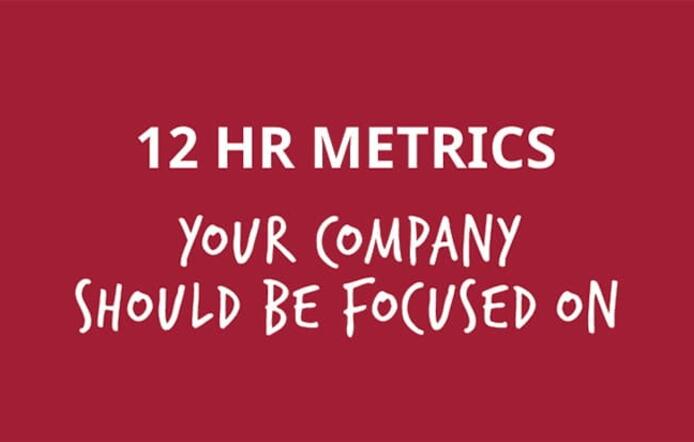Help lead your organization toward responsible and successful management of its most important asset — its people. Explore how UMass Global’s online HR programs can help you grow your career.


People Are the Purpose
Human resources is at the heart of every organization. HR professionals support employees to ensure companies run smoothly, ethically, and with sustained growth. If you are drawn to help others and want to play a critical role in business, a career in human resources could be your calling.
Whether you're looking for entry-level human resources jobs, or want to advance your current HR career, UMass Global can help you get where you want to be. We offer online bachelor's and master's degrees in human resources, including a dedicated Master of Science in HR or as an emphasis option for an MBA degree. Plus, check out our certificate programs, including both undergraduate and graduate options to round out your skill set.
You may even consider a self-paced program like the one UMass Global student Alex Meyers pursued to achieve her goal of becoming an HR generalist. Experience her success in this short video.
No matter which path you choose, UMass Global can help you put your passions to work.


WASC Senior College and University Commission
University of Massachusetts Global is accredited by the WASC Senior College and University Commission (WSCUC)

What Are the Key Functions of HR?
Depending on the size of the company, an HR professional might be involved in one or several of the following activities:
- Recruiting, hiring, and retaining talent
- Employee engagement
- Performance management
- Compensation and benefits
- Development and training
- Risk management
- Audits and legal compliance

How to Become an HR Manager
A career in human resources management could allow you to combine your business savvy with your passion for helping people. Although these professionals tend to work behind the scenes at an organization, they have a sizable impact on their company’s daily operations and outcomes.
- What does a human resource manager do?
- How do you become an HR manager?
- What education and experience is required for the job?


How to Measure HR Success
Translating human resources efforts into tangible numbers can help you and your company improve results. Use these metrics to assess and establish benchmarks for attracting, developing and retaining top talent.
Explore how to calculate things like time-to-hire, cost-per-hire, training participation rate, and average happiness of your workers with this helpful graphic.
Frequently Asked Questions
Human resources, or HR, is the department within an organization that helps manage the people who make the business possible. They may work with leaders and individuals to ensure staffing needs are met, workers are satisfied, and track efficiencies of their contributions across the company.
Depending on the size of the company, an HR professional might be involved in one or several of the following activities:
- Recruiting, hiring, and retaining talent
- Employee engagement
- Performance management
- Compensation and benefits
- Development and training
- Risk management
- Audits and legal compliance
HR is critical for all businesses, regardless of their size. It provides the building blocks for success by maintaining culture, business communications, staffing efficiencies, and ensuring the organization is following regulatory requirements for a positive work environment.
To enter this field, you can complete your bachelor's degree in HR or even a related field like finance, management, education, or information technology. Once achieved, you may want to look into master’s or certification for professional development to gain a competitive edge. Find your program at UMass Global.
Ideally, you’ll want to earn a bachelor’s degree in human resources or a related field first. Some higher-level positions may require a master’s degree. The next step is to acquire work experience, and you may want to consider pursing an industry certification to gain a competitive advantage. Read more.










